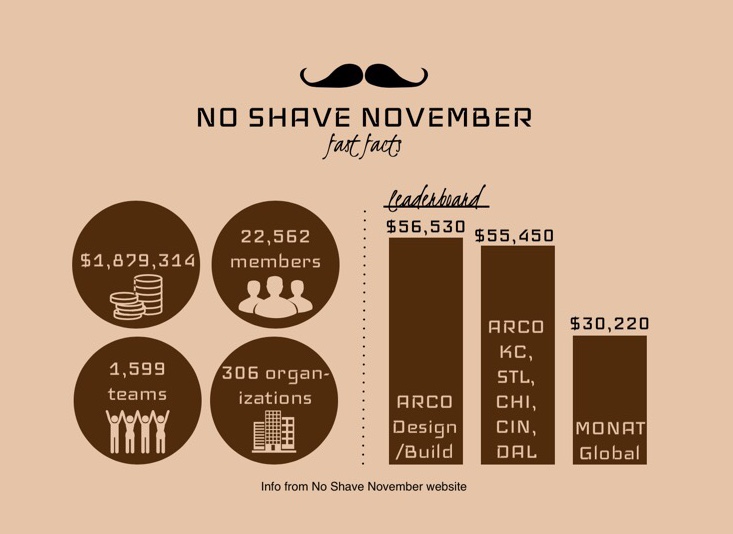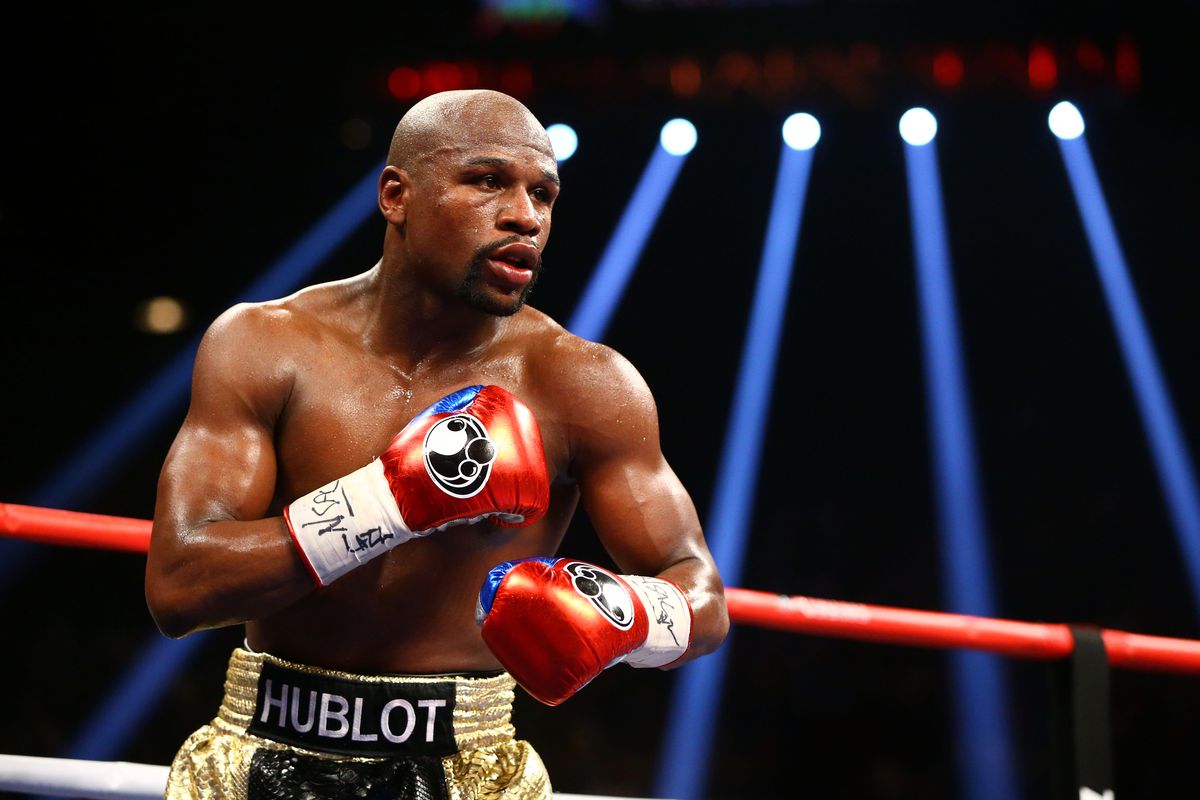Feminist students widen “No-Shave November” to both genders
January 8, 2018
While many grow facial hair in November to keep warm, some grow out beards for a much bigger cause: cancer research.
No-Shave November is an organization that encourages people to grow out their hair and donate the money they otherwise would spend on grooming products to the American Cancer Society. The goal is for participants to embrace the hair that many cancer patients lose through treatment. While the organization encourages all genders to join in, the majority of participants are men who choose to grow facial hair. This year, though, feminists embraced the movement as not only a way to raise money for cancer research, but also to combat the pressure girls face to keep their body shaven at all times.
“It’s harsh to judge other people based on their decisions,” junior Julia Levine said. “I think it’s up to them because everyone has the right to grow out their hair.”
In an informal survey of 30 students, 10 percent said that girls should participate in No-Shave November, 17 percent say that girls should not, and 73 percent are neutral. Many, such as senior Erik Jensen, believe it should be an individual choice for all genders.
“It’s not up to me whether girls shave or not,” sophomore Arjun Shah said. “If guys can grow out their hair, why can’t girls?”
Some female participants, however, are shamed for not shaving, even for the No- Shave November movement. When junior Reggie Rudd considered partaking in the cause, she was even told by others that it was gross.
“Honestly, who cares?” Rudd said. “Your body your choice, right? I can do whatever I want.”
People hesitate to participate due to fear of the backlash they will receive if people notice their unshaven legs or armpits. Gender equality ctivist Amanda Geffe has been bullied for her legs starting in middle school.
“Eventually the bullying became so bad that I came home from school one day and used one of my dad’s razors to shave my legs,” Geffe said. “I cried the entire time. I didn’t want to shave my legs. At the same time, I didn’t want to be bullied any more.”
Free body choice activist Roxie Jane Hunt uses Instagram as a platform to advocate for the body positive movement. Her decision to shave her armpits for the first time was a result of peer expectations; it was as though she didn’t have a choice, Hunt said.
“[It’s] because our society is cracked and clinging to this old outdated paradigm from a time when women were basically owned by men, and in many ways we haven’t progressed very much as far as standards held against women,” Hunt said. “The patriarchy is dying, but it’s not dead yet.”
Senior Max Weinberg believes that it doesn’t matter if girls participate or not, but acknowledges that he holds his own prejudices against girls who don’t shave.
“I know it sounds bad, but I would say it’s gross for girls not to shave,” Weinberg said. “I would never say it to their face, but would I think it? Maybe. It’s their preference; if they want to participate, they can participate.”
When compared other students’ negative perspectives on female participation, Weinberg’s opinion is not uncommon, or extreme. Many blame the stigmas around shaving on outdated stereotypes for men and women. For girls, the simple act of exposing their body hair is a stand against gender stereotypes and an act of, and fighting for their rights to their own bodies.
“If someone were to rudely confront me about my body hair, I’d laugh at them and walk away,” Geffe said. “It’s my body, it’s my choice. If they have a problem with it, they don’t deserve to be in my life. I don’t have the patience to deal with people like that.”












Harrison Parsons • Jan 11, 2018 at 12:51 pm
GIRLS WITH HAIRY ARMPITS ROCK!!!!!!!!!!!!!!!!!!!!!!!!!!!!!!!!!!!!!